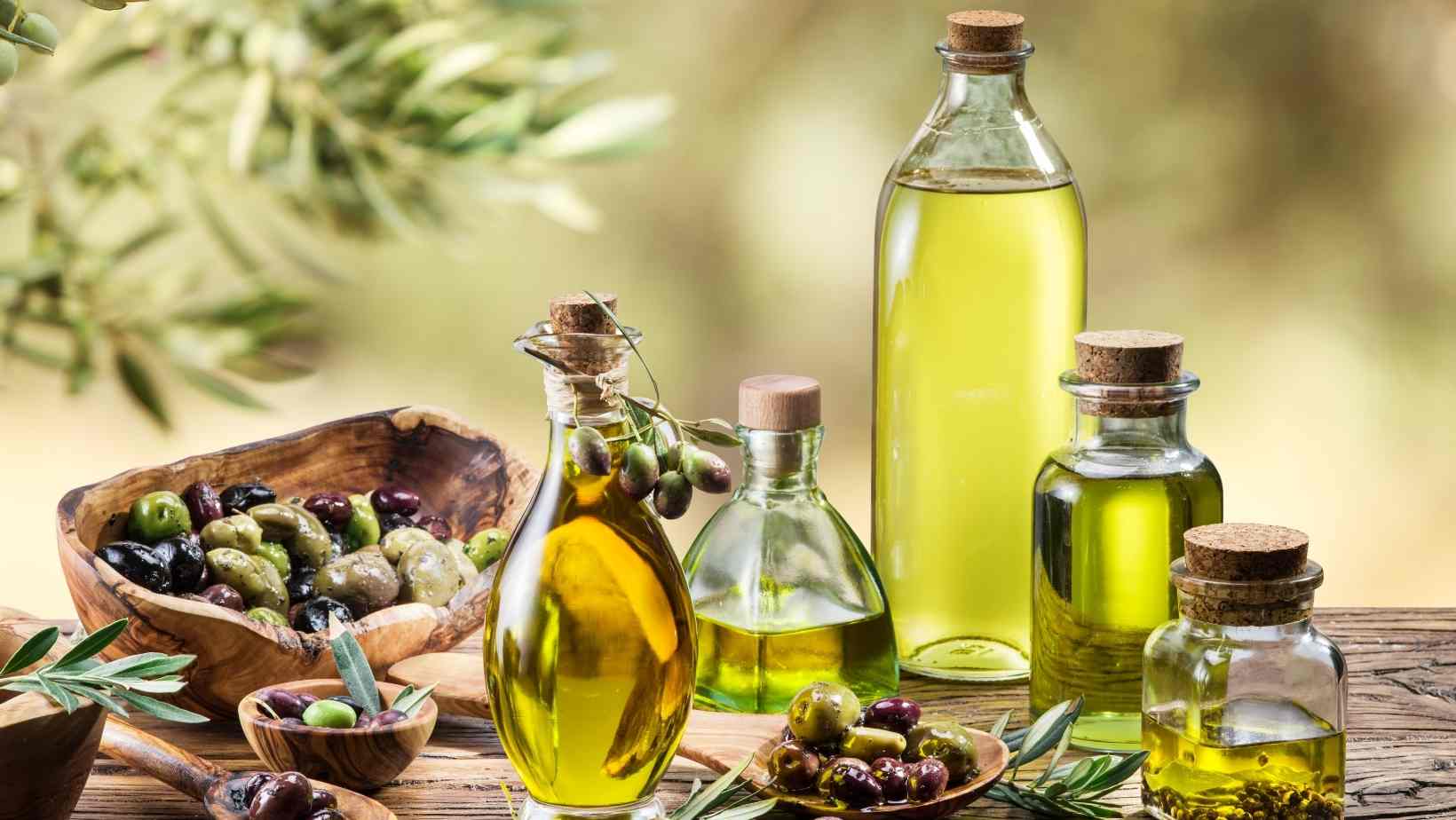Kidneys are tiny organs placed beneath the rib cage, on either side of the spine. They are responsible for filtering waste out of the blood and excreting it out of the body via urine. Kidneys also manage the body’s fluid and electrolyte balances and play a key role in general health. Some meals may increase the efficiency of the kidneys, while others may create stress on them and cause harm. Eating meals rich in specific vitamins and minerals may help the kidneys work effectively and avoid harm to them. However, several foods that typically assist maintain healthy kidneys may not be acceptable for persons who have an established renal illness. Check with your doctor or nutritionist if you have an existing ailment to find out which meals are best for you.

Jump to:
1. Dark leafy greens
Dark leafy green vegetables such as kale, spinach, chard, and collard greens are filled with vitamins A and C, calcium, and many other vital minerals. Kale also contains a large source of carotenoids, flavonoids, and vitamin K. Spinach is abundant in vitamins A, C, K, and folate. The beta-carotene present in spinach is crucial for improving your immune system and a rich supply of magnesium. Try substituting that nutritionally challenged iceberg lettuce with some dark leafy greens.
2. Berries
Blackberries, strawberries, blueberries, and raspberries are all rich in fiber with numerous important nutrients and antioxidant chemicals. Berries are rich providers of manganese, vitamin C, fiber, and folate. Strawberries are rich in two forms of phenols: anthocyanins and ellagitannins. Strawberry anthocyanins are responsible for the red color of the fruit and are potent antioxidants that aid to protect bodily cell structures and prevent oxidative damage from occurring. Anti-cancer and anti-inflammatory properties are associated with these components. ellagic acid, which is found in raspberries, is a phytonutrient that aids in the neutralization of free radicals in the body and the prevention of cell damage. Several studies have shown that antioxidants found in blueberries and other berries have qualities that hinder cancer cell development and the formation of tumors.
3. Cranberries
The majority of us have heard the recommendation to consume cranberry juice in order to prevent urinary tract infections. The tartness of the small berries does, in fact, prevent germs from adhering to the bladder wall. Cranberries, in addition to preventing bladder infections, also help to prevent germs from going up into the kidneys. Cranberries have also been demonstrated to be beneficial in the prevention of cancer and cardiovascular disease. Although cranberry juice and cranberry sauce are ubiquitous dishes, including dried cranberries in a salad or vegetable dish is a wonderful method to improve your consumption of this antioxidant.

4. Sweet potatoes
Sweet potatoes are a great source of fiber, beta-carotene, and a variety of other vitamins and minerals that are beneficial to the kidneys. They also contain a lot of potassium. Eating potassium-rich foods may assist to maintain a healthy sodium balance in the body, hence lowering stress on the kidneys and other organs. When mashing potatoes and creating french fries, try substituting sweet potatoes for white potatoes.
5. Olive oil
Olive oil is high in polyphenols and antioxidant chemicals, which help to reduce inflammation and oxidative stress in the body. Oleic acid is a chemical present in olive oil that has been shown to have anti-inflammatory properties. The monounsaturated fat in olive oil also has the additional benefit of protecting cells from oxidation. Make sure to choose extra virgin olive oil, since it has the greatest concentration of antioxidants of all the oils. Additionally, search for dark glass bottles or tins, which will help to keep the oil from oxidizing and becoming rancid over time.

6. Fatty fish
Omega-3 fatty acids must be obtained from dietary sources since the body is unable to produce them. Fish such as salmon, tuna, and other cold-water, fatty fish are excellent natural sources of these beneficial fats, as do avocados. Other good alternatives for fish are mackerel, albacore tuna, herring, and sardines, among others. National Kidney Foundation researchers believe omega-3 fats may help to decrease harmful fat levels in the blood while also helping to modestly lower blood pressure. Because high blood pressure is a risk factor for kidney disease, natural methods of lowering it may be beneficial in protecting the kidneys from damage.
7. Cabbage
Cabbage and other cruciferous vegetables have a high concentration of phytochemicals. These are phytochemicals found in fruits and vegetables that help to break down free radicals before they can do any harm to the body. Many phytochemicals have also been shown to be effective in the prevention and treatment of cancer. cabbage is high in vitamin K, vitamin C, and fibre, and it is also a rich source of vitamin B6 and folic acid, all of which are beneficial in protecting the kidneys from potential injury.




